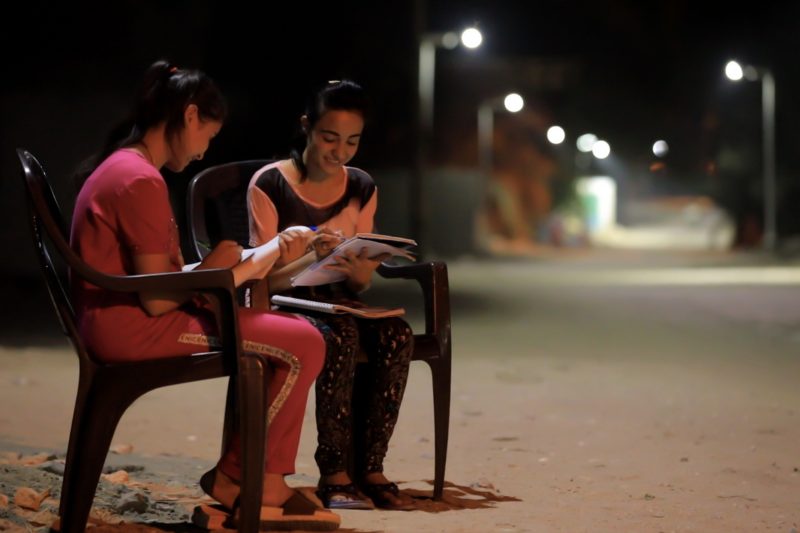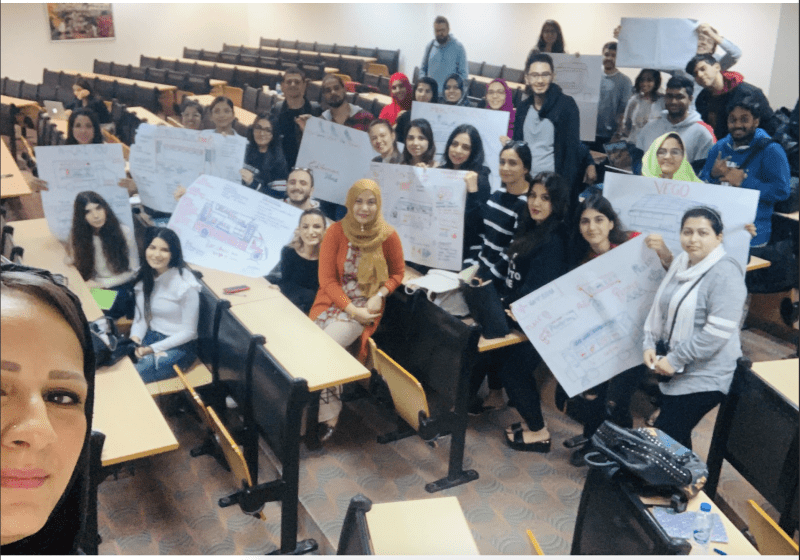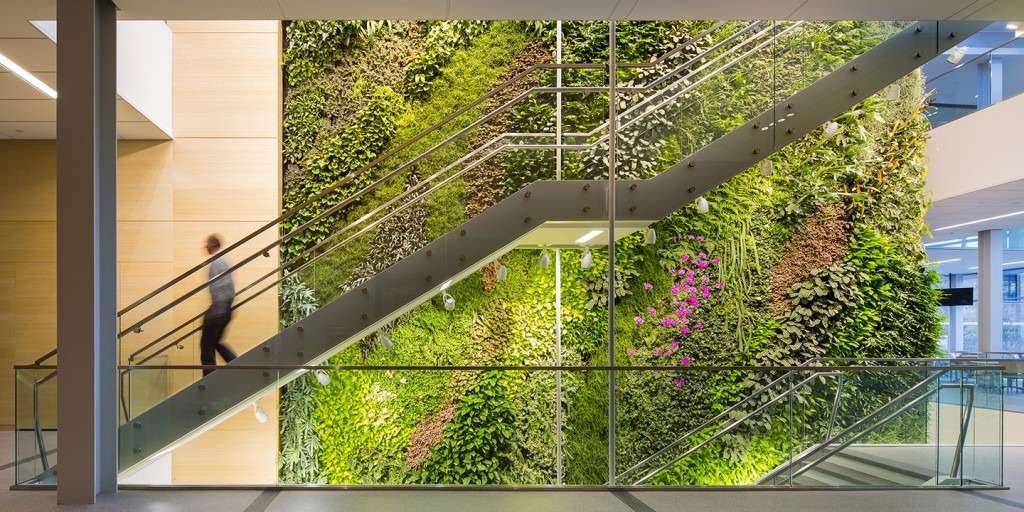The Silk Road: Dubai’s Green Gateway to the World
Feature

March 7, 2019, 6:47 am
At the beginning of 2019, His Highness Sheikh Mohammad Bin Rashid Al Maktoum, Vice-President and Prime Minister of the UAE and Ruler of Dubai, published the Fifty Year Charter, a pledge containing nine articles that aim to improve the quality of life, develop the community of Dubai, and ensure the future of generations to come. The first one is entitled Dubai Silk Road, reinforcing the Emirate’s status as an essential hub connecting East and West, North and South.
On the occasion of the historic visit of President Xi Jinping in July 2018, Thani Ahmed Al Zeyoudi, UAE Minister of Climate Change and Environment, wrote about the importance of Silk Road project and its regional and global impact, in an editorial for Gulf News: “The UAE is a key partner and strong supporter of the Belt and Road Initiative (BRI) announced by Chinese President Xi Jinping in 2013 with the aim of developing the emerging economies of Asia and strengthening their trade and economic relations with the rest of the world. Coinciding with the UAE’s efforts to revive the “Silk Road”, the UAE will play a pivotal role as a gateway for China to the region through its capabilities, talent and expertise. The country will also provide land, air and sea logistical support throughout the Middle East.”
In the “Fifty Year Charter”, His Highness Sheikh Mohammad Bin Rashid Al Maktoum reinforced the vision for the Silk Road: “Our next goal is to build our own Silk Road in cooperation with our friendly neighbors who share our vision. Our region has historically been a region of civilization and trade, and this role must be restored. We will seek to build an international cooperation to support these aspirations.”
According to the World Economic Forum (WEF), sustainability can be integrated into the BRI and Silk Road projects in a variety of ways. The first recommendation is imposing mandatory measures to enhance responsible investment overseas, such as a complete environmental impact assessment as part of its approval requirement. WEF envisions host countries creating a conducive and stable environment for green investment by upgrading their fiscal, regulatory and financial systems, including introducing more stringent environmental policies and their improving enforcement, making fiscal and taxation policies friendly to green business, developing green finance guidelines and products, and encouraging accounting for the entire lifecycle in the supply chain. Thirdly, the ability to design systems and develop instruments in government departments, financial institutions and corporations supports the initial two suggestions. Multilateral efforts are needed to support the development of platforms for sharing knowledge and experience in green investment.
One of the most important sustainable collaborations as part of the BRI was the acquiring of 24.01% equity interest in the 700MW DEWA Concentrated Solar Power Project (CSP) in the UAE by the Silk Road Fund. In the presence of Chinese President Xi Jinping, the Vice President and Prime Minister of the UAE, Sheikh Mohammed bin Rashid Al Maktoum, and the Crown Prince of Abu Dhabi, Sheikh Mohammed bin Zayed Al Nahyan, His Excellency Saeed Mohammed Al Tayer, MD & CEO of Dubai Electricity and Water Authority (DEWA), and Yanzhi Wang, President of the Silk Road Fund exchanged the executed investment agreements in respect of DEWA CSP Project which will be jointly invested and developed by DEWA, Silk Road Fund, and ACWA Power.
The DEWA CSP project, which was awarded to an ACWA Power led consortium in 2017, is the 4th phase of the Mohamed bin Rashid Solar Park, the largest single-site concentrated solar power plant in the world. The project uses a state-of-the-art combination of a central tower and parabolic trough technologies to collect energy from the sun, store it in molten salt and produce steam as required to generate electricity during the day and throughout the night.
Silk Road Fund is a market-oriented, international and professional medium to long-term development and investment institution. It invests in a broad spectrum of sectors under the framework of the “Belt and Road” initiative including infrastructure, energy resources, industrial capacity cooperation and financial cooperation.
The BRI and the Silk Road are envisioned as enablers of historic and futuristic connections across the region and the continent. Keeping sustainability in mind when designing partnerships and specific projects can bring East and West, North and South together enhancing positive collaborations, investments and impact on the environment.










